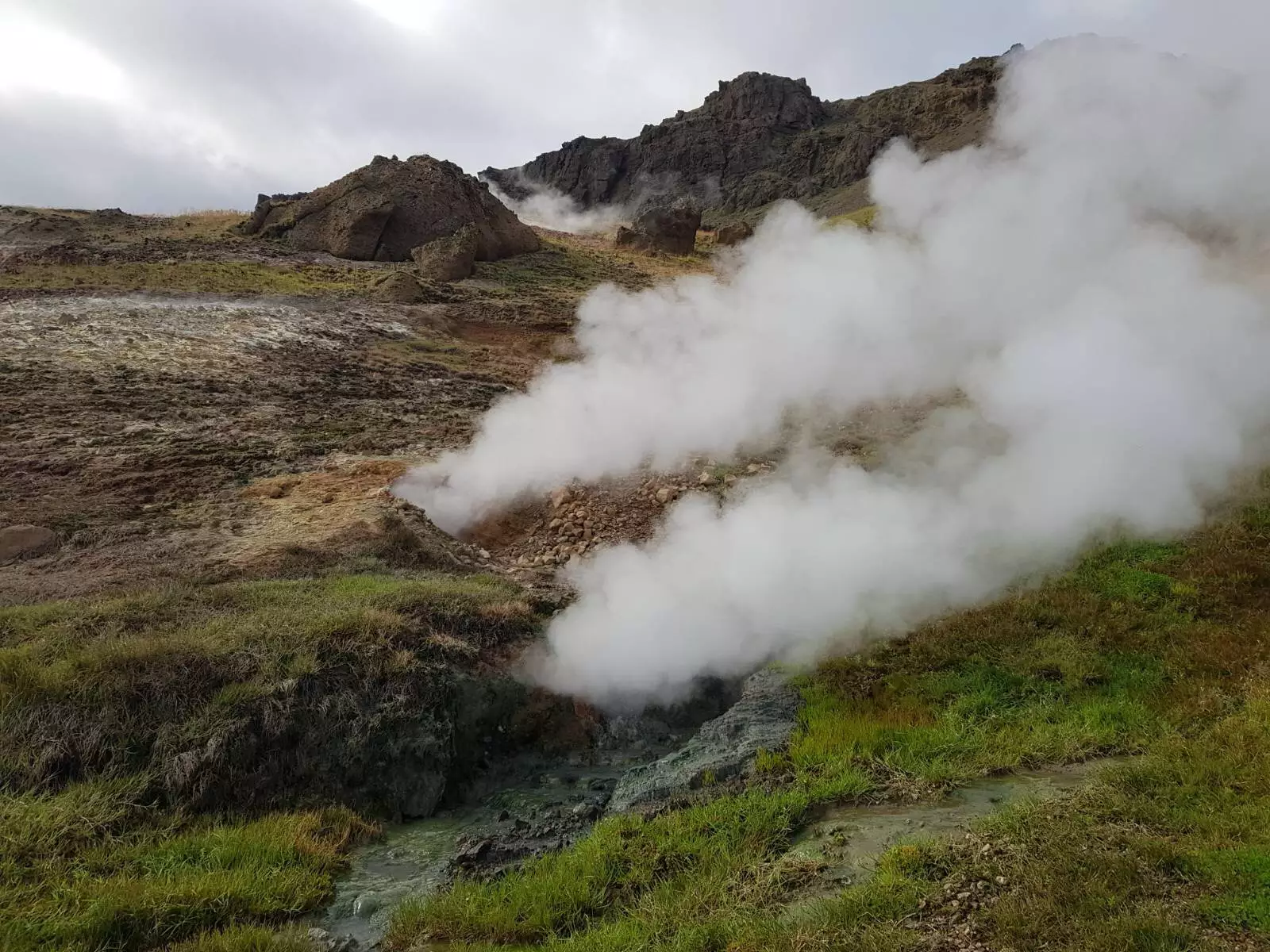Recent research conducted by the Centre for Microbiology and Environmental Systems Science (CeMESS) at the University of Vienna has shed light on the relationship between soil temperature and microbial diversity. This study, published in Science Advances, challenges previous assumptions about how soil temperature influences microbial activity and its impact on the global carbon cycle.
The Earth’s soils serve as the largest reservoir of organic carbon, with microorganisms playing a fundamental role in the breakdown of this organic matter. As temperatures increase due to climate change, there is a concern that microbial communities will release more carbon dioxide, further exacerbating climate change through a process known as soil carbon-climate feedback.
The researchers conducted their study in a subarctic grassland in Iceland that has experienced elevated soil temperatures due to geothermal warming over the past fifty years. By analyzing soil cores and employing advanced isotope probing techniques, the team discovered that warmer soils did not necessarily result in higher microbial growth rates. Instead, the key difference was the increased diversity of active microbial taxa in warmer soils.
The findings from this study challenge the conventional wisdom that higher soil temperatures lead to accelerated microbial growth and increased carbon release. In fact, the activation of previously dormant bacteria in warmer soils is responsible for the higher carbon emissions. This new understanding of how microbial diversity responds to climate change is crucial for accurate predictions of carbon cycling in the face of a warming climate.
The study’s results highlight the need for continued research into the complexities of the soil microbiome’s response to climate change. By unraveling the ‘black box’ of microbial activity in soil, scientists can improve climate models and better anticipate the consequences of shifting microbial populations on carbon dynamics in the environment.
The study conducted by the researchers at the University of Vienna offers valuable insights into the relationship between soil temperature, microbial diversity, and the global carbon cycle. By challenging existing assumptions and revealing the importance of microbial diversity in soil, this research paves the way for a more nuanced understanding of how climate change affects microbial communities and carbon emissions.


Leave a Reply